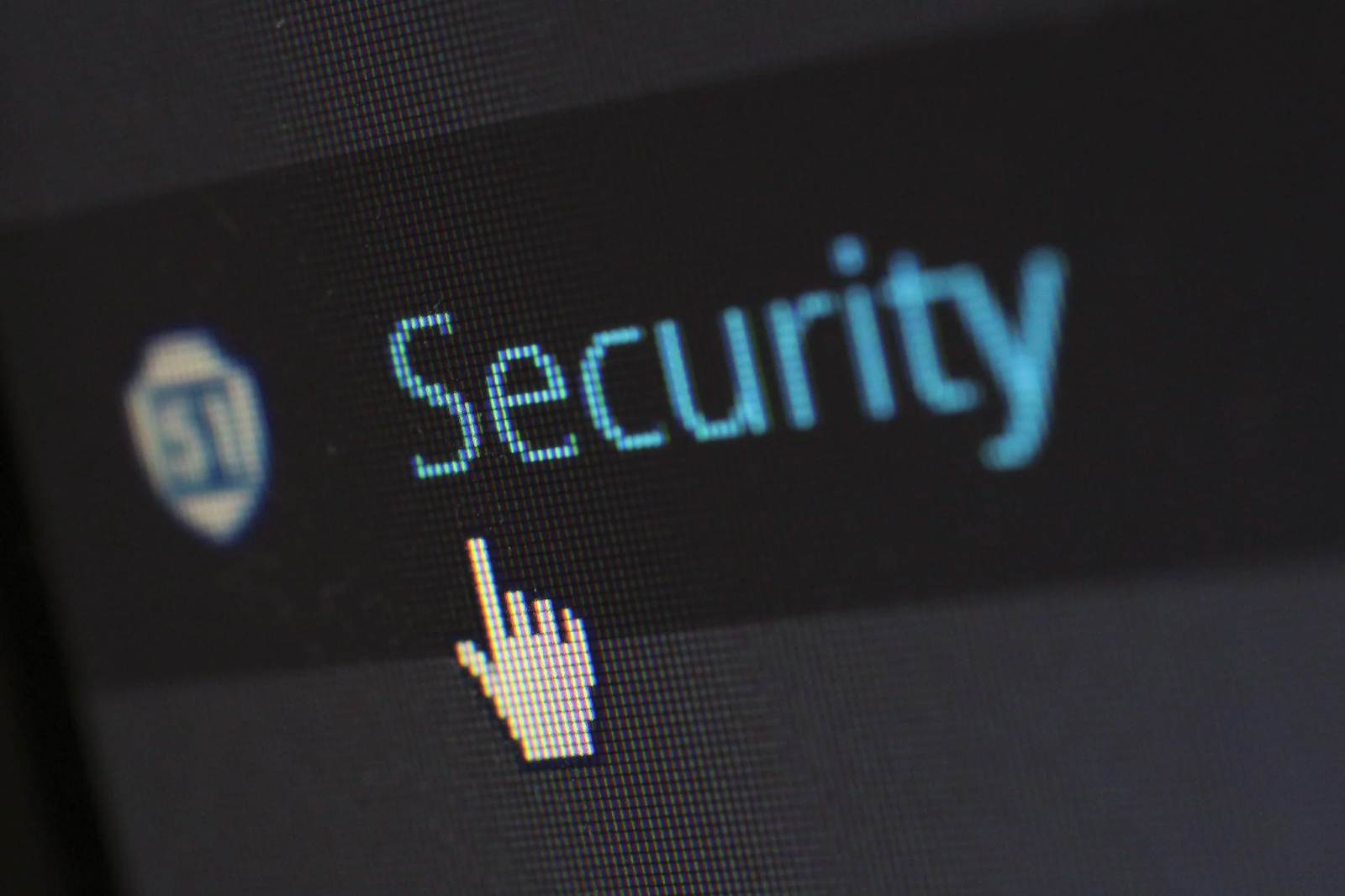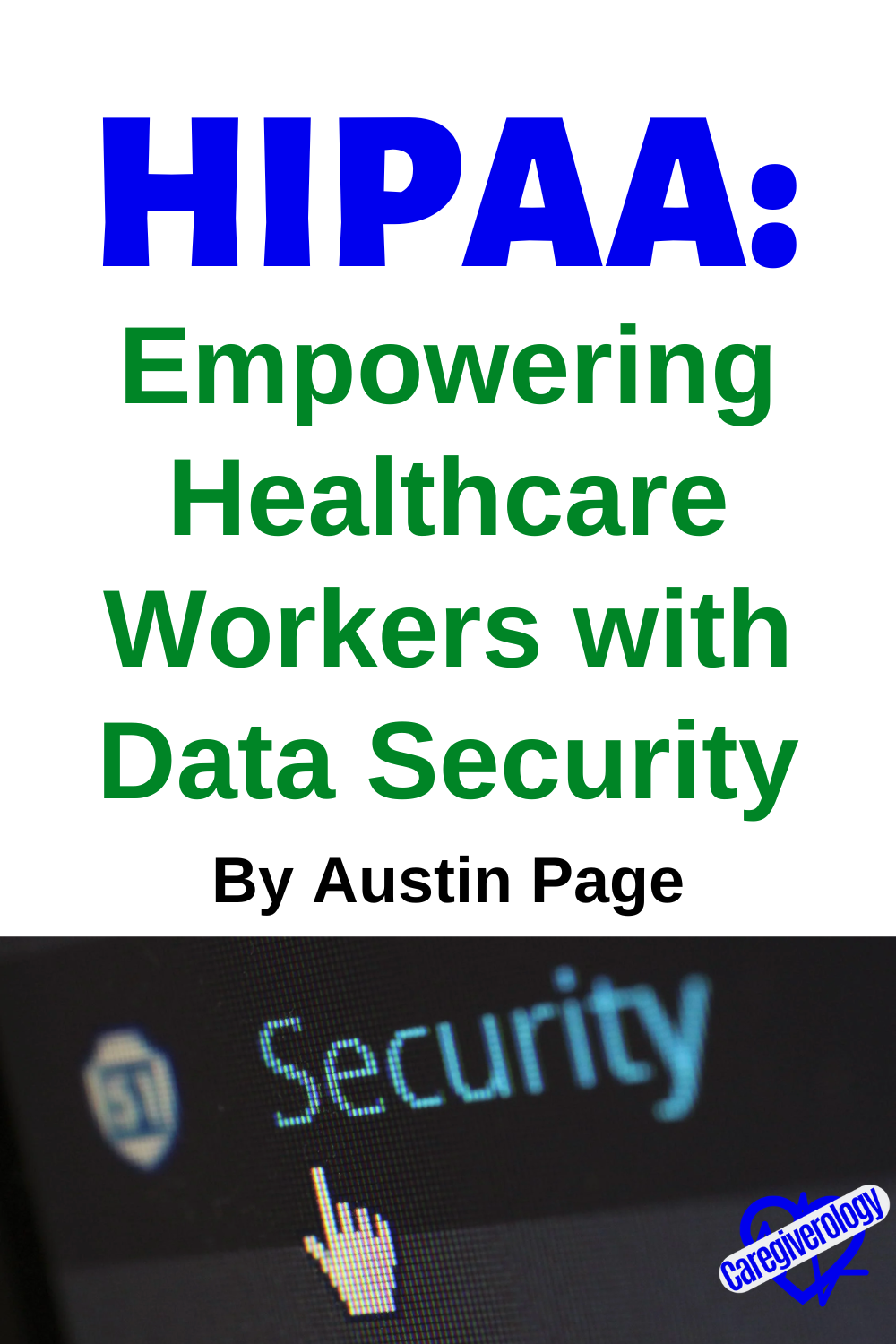HIPAA: Empowering Healthcare Workers with Data Security

Healthcare workers have a lot of responsibility on their hands when it comes to protecting patient information. With more information stored in digital platforms, data security becomes paramount. Information such as patient data, medical information, and payment information should always be protected.
The Health Insurance Portability and Accountability Act (HIPAA) comes in here. HIPAA is a federal law in the United States that provides guidelines for maintaining the privacy and security of patient health information.
Following HIPAA regulations goes beyond just keeping patient information safe. It also ensures you avoid fraud rings and empower healthcare workers with data security.
Understand Role Challenges Training Conclusion
Understanding HIPAA
Under HIPAA, the use or disclosure of Protected Health Information (PHI) is subject to strict regulations. PHI encompasses data linked to a patient's health status, healthcare provision, or payment records.
Nowadays, more patient information is stored electronically. This means HIPAA regulations now cover the proper ways of electronically storing patient data. There are national standards to ensure confidentiality, integrity, and availability.
HIPAA plays a crucial role in maintaining patient confidentiality in several ways:
- It limits the use and disclosure of patient information
- Provides patients with the right to access and control their health information
- Establishes clear protocols for handling and transmitting sensitive health data
When an organization or worker violates HIPAA regulations, they can be subject to different penalties. Covered entities must continuously implement and maintain policies to ensure ongoing compliance.
HIPAA compliance also fosters trust within the healthcare ecosystem. Organizations and establishments that showcase HIPAA compliance also gain patient loyalty. Patients are more likely to trust healthcare establishments that care about their patient's privacy.
The Role of Healthcare Workers in HIPAA
Healthcare workers play a crucial role in maintaining the security of patient data. They work with and around various data security practices to ensure proper data protection.
Some of these data security practices include:
- Access Control: Healthcare professionals should only access patient data that is necessary for their job responsibilities. Unauthorized access to patient information can lead to breaches.
- Password Security: Healthcare professionals and organizations must have strong passwords and regular password changes. This prevents unauthorized access. Healthcare workers should be educated on creating and maintaining secure passwords.
- Device Security: Healthcare workers often use various devices to access patient information. It's essential to secure these devices through encryption, password protection, and, if applicable, remote wipe capabilities.
- Awareness of Security Policies: Healthcare organizations usually have specific policies in place for data security. Healthcare workers should be familiar with these policies and follow them rigorously.
- Reporting Security Incidents: If healthcare workers come across any suspicious activity or potential security breaches, they should report it promptly to the designated authorities within the organization.
Challenges in HIPAA Compliance and Data Security
HIPAA compliance comes with its own set of challenges. Understanding these challenges and how they affect your organization is crucial to maintaining the integrity of patient data.
Here are some challenges that you may encounter when it comes to HIPAA compliance:
- Lack of Awareness and Training: Many healthcare organizations and professionals may lack awareness of HIPAA regulations. This may result in compromising patient data and inadvertent breaches.
- Evolving Regulations: HIPAA regulations may change and evolve without an organization's knowledge. As a result, organizations may fail to comply with the latest regulations.
- Managing Patient Information: Since healthcare organizations handle tons of data, organizing and managing patient information efficiently can be difficult.
- Integration of New Technologies: New technologies arise and are adopted in healthcare organizations. Learning and integrating these new technologies can take a lot of time and effort from healthcare professionals.
Training and Education Programs for HIPAA Compliance
Training and education are among the best ways to overcome the challenges mentioned above. It's recommended that healthcare professionals go through the following programs to ensure they follow the latest regulations in HIPAA compliance:
- HIPAA Basics: Training programs should cover the basics of HIPAA. They must explain the rules and regulations surrounding patient data privacy and security.
- Role-Specific Training: Different healthcare roles have different responsibilities regarding patient data. Tailored training programs can help healthcare professionals understand how HIPAA applies to their specific roles.
- Regular Updates: Regulations and threats constantly evolve, so ongoing education is crucial. Training programs should include regular updates on HIPAA and any regulation changes.
- Interactive Learning: Incorporating real-life scenarios and case studies into training programs can help healthcare workers better understand how to apply HIPAA regulations in their daily work.
- Testing and Certification: Periodic testing and certification can ensure that healthcare professionals have retained the information from their training programs and are applying it effectively.
The Bottom Line
HIPAA is a great way to protect patient data and empower healthcare workers. Learning about the various data security practices related to HIPAA can help healthcare organizations and professionals ensure the privacy and security of patient information.
In addition, addressing challenges, such as lack of awareness and evolving regulations, can help healthcare professionals improve HIPAA compliance.
Thank you Austin Page for contributing this article.
Guest Articles Written for Caregiverology
From HIPAA: Empowering Healthcare Workers with Data Security to Home
Recent Articles
-
Common Truck Crash Injuries and Legal Remedies - Caregiverology
Jul 19, 25 10:49 AM
Known for its sun-drenched beaches, vibrant arts scene, and bustling maritime industry, Fort Lauderdale is a city that sees heavy traffic both on its roads and at its busy port. Unfortunately, with th… -
Why Expert Legal Help Matters After Serious Injury - Caregiverology
Jul 19, 25 10:35 AM
In Houston, over 67,600 car crashes occurred in 2023, resulting in 290 fatalities and 1,612 serious injuries. That’s roughly 185 accidents every day. -
How Life Care Planners Support Injury Recovery - Caregiverology
Jul 19, 25 10:18 AM
In Los Angeles, life care planners play a vital role in supporting injury recovery, especially for individuals facing catastrophic injuries such as traumatic brain injuries or spinal cord damage.





New! Comments
Have something to say about what you just read? Leave a comment in the box below.